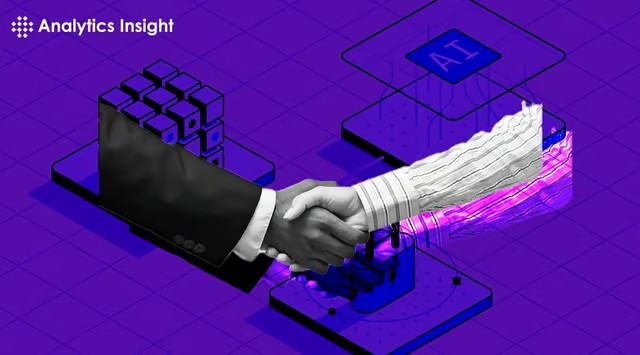
P.Sravanthi Published on: 06 Apr 2024, 7:00 am
Collected at : https://www.analyticsinsight.net/insights/revolutionizing-governance-in-2024-big-data-and-genai
In 2024, the landscape of governance is undergoing a profound transformation, driven by the convergence of big data and generative artificial intelligence (GenAI). This revolutionary combination is reshaping the way governments collect, analyze, and utilize data to make informed decisions and address complex societal challenges.
Big data, characterized by vast volumes of structured and unstructured information, provides governments with unprecedented insights into various aspects of public administration, from healthcare and education to transportation and urban planning. Through advanced data analytics techniques, governments can identify trends, patterns, and correlations within massive datasets, enabling them to formulate evidence-based policies and strategies.
However, the sheer volume and complexity of big data pose significant challenges for traditional analytical methods. GenAI algorithms, powered by machine learning and deep learning techniques, excel at processing and synthesizing large datasets, extracting valuable insights, and generating predictive models.
One of the most promising applications of GenAI in governance is predictive analytics. By analyzing historical data and leveraging machine learning algorithms, governments can forecast future trends and anticipate potential outcomes in various domains, such as public health, economic development, and environmental sustainability.
Moreover, GenAI enables governments to enhance citizen engagement and participation through personalized services and tailored communication. By analyzing citizens’ preferences, behavior, and feedback, governments can deliver targeted services and initiatives that meet the specific needs of diverse communities. This fosters trust and transparency in governance, empowering citizens to actively contribute to decision-making processes.
Another area where big data and GenAI are revolutionizing governance is in the realm of public safety and security. By integrating data from various sources, such as surveillance cameras, social media feeds, and IoT devices, governments can deploy predictive policing and risk assessment systems to prevent crime and respond to emergencies more efficiently. Additionally, GenAI-powered algorithms can analyze vast amounts of data to identify potential threats and vulnerabilities, enabling governments to strengthen cybersecurity and safeguard critical infrastructure.
However, the widespread adoption of big data and GenAI in governance raises important ethical and privacy considerations. Governments must prioritize data privacy, transparency, and accountability to ensure that the use of technology benefits society while mitigating potential risks and biases. Additionally, policymakers must address concerns surrounding algorithmic bias and discrimination to ensure fair and equitable outcomes for all citizens.
Conclusion:
The integration of big data and generative artificial intelligence is revolutionizing governance in 2024, offering unprecedented opportunities to enhance decision-making, improve public services, and address complex challenges. By harnessing the power of data-driven insights and advanced AI technologies, governments can create more resilient, inclusive, and responsive societies in the digital age. However, it is essential to navigate these transformative changes responsibly and ethically to maximize the benefits for all stakeholders.

Leave a Reply